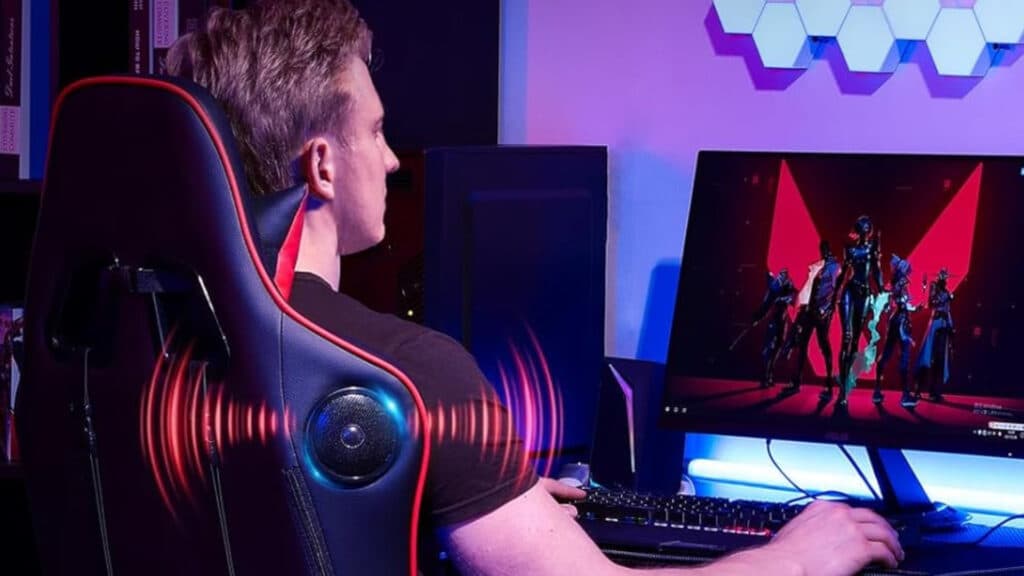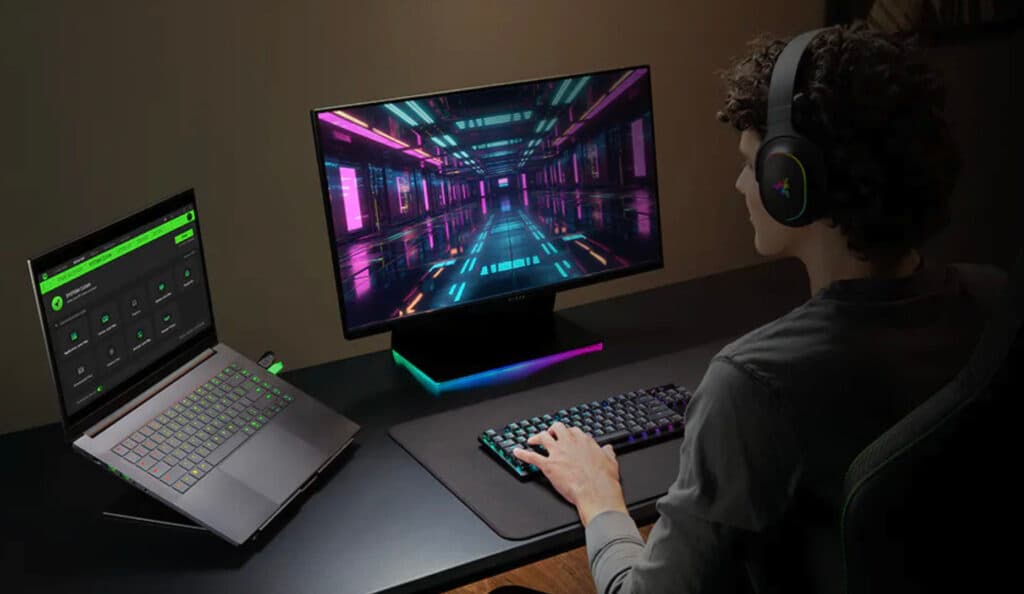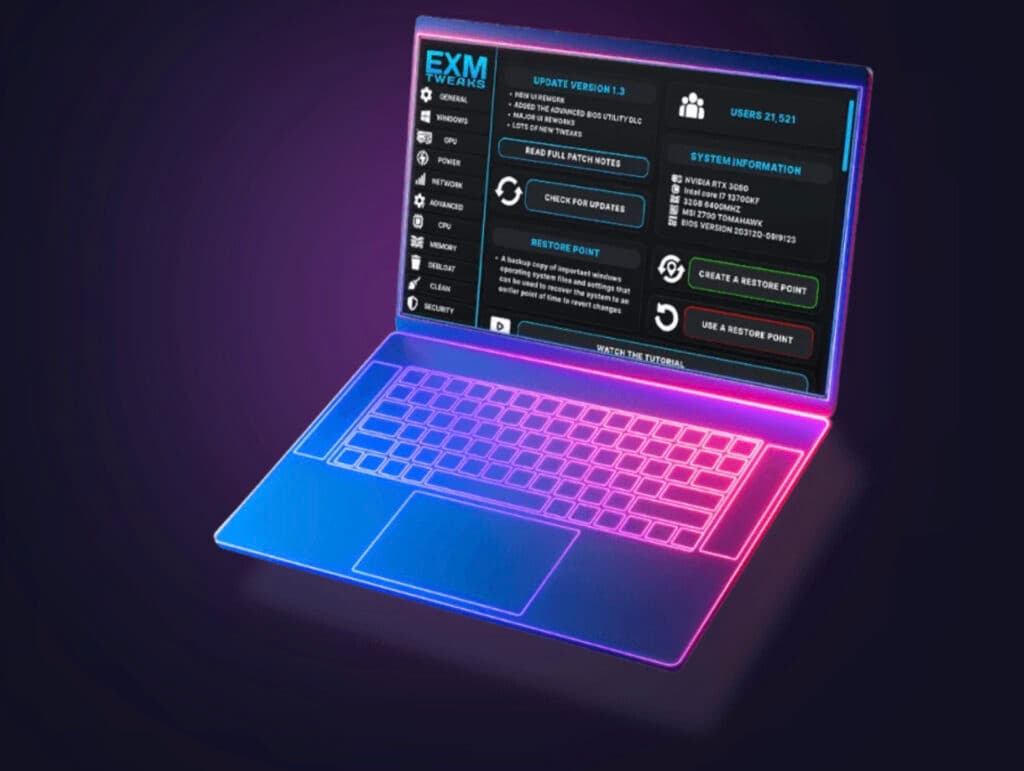Low FPS, lag spikes, and stuttering can ruin your matches. This guide breaks down the top PC gaming optimizers of 2025 to help you boost performance without expensive upgrades.
Low FPS, lag spikes, and stuttering don’t just hurt your KDA, they also kill the fun. A PC optimizer can smooth out those issues without you having to dig through complicated settings.
What is a PC Optimizer for Gaming?
A PC gaming optimizer is software built to squeeze better performance out of your rig. These tools can boost FPS, stabilize framerates, or even reduce input lag.
They do this by cutting down background processes, tweaking system settings, and keeping drivers up to date. Some even adjust your GPU configs automatically.
Yes, you can handle a lot of these things manually through Windows settings or Task Manager, but diving into BIOS menus or GPU control panels isn’t everyone’s idea of fun. Plus the fear of accidentally removing something key to your PC actually working properly? Nightmare. That’s why many gamers let optimizers do the heavy lifting.
Do I need a PC Optimizer?
If you’ve locked in and bought some serious gaming hardware and are still struggling to see the results, a PC Optimizer might be a great option.
However, if you're gaming on a relic of a PC with limited RAM and not even a dedicated GPU, then you may have to accept the answer is not new software but new hardware.
Alternatively, just buy a console and avoid this problem altogether. However, even Henry Cavill knew PC gaming reigns supreme.

Top PC Gaming Optimizers 2025
If your games aren’t running as smoothly as you’d like, don’t panic, you don’t always need to drop cash on upgrades. A good optimizer can free up resources, clean out junk, and give your FPS a noticeable bump.
Here are seven of the best tools worth trying. Most have free versions or trials, so you can test them before committing.
1. Hone

Hone is an all-in-one gaming optimizer trusted by over a million gamers worldwide. Its one-click FPS booster frees up resources safely across hundreds of tested hardware setups.
Key Features
- Free plan: 10 essential tweaks (game mode, background process control, resource allocation).
- Pro version: BIOS-level tweaks, pro-player profile imports, and priority support.
- Safety net: Built-in backup/restore point before every change.
- Smart management: Real-time monitoring to prevent conflicts.
Best for: Gamers who want easy one-click boosts plus the safety net of restore points.
2. Wise Game Booster
Wise combines automation with manual tools, letting both beginners and advanced users optimize their systems.
Key Features
- Automatic game library optimization based on refresh rate.
- System tweaks for better stability and speed
- Manual mode for experienced users to fine-tune processes and services.
- Safe revert: Restores original system state after gaming sessions.
Best For: Players who want both easy automation and deeper manual control.
3. Razer Cortex

Razer Cortex is one of the most popular boosters, aimed at both casual and competitive gamers. For Gamers by Gamers is their slogan and Razer has a long history of involvement with both casual and competitive gaming.
Key Features
- Game Booster mode: Prioritizes games and shuts down background tasks.
- Integration: Works seamlessly with Steam, Epic, and other launchers.
- Extra perks: Game deals, giveaways, and organizational tools.
- Ease of use: One-click optimization, no technical knowledge required.
Best For: Gamers who want a trusted, straightforward solution with added extras.
4. WTFast
WTFast specializes in online gaming performance by tackling latency instead of FPS.
Key Features
- Private Global Network (GPN): Routes traffic through optimized nodes.
- Lag reduction: Minimizes ping, jitter, and packet loss.
- Subscription model to support global infrastructure.
- Ideal for competitive titles like MMORPGs, MOBAs, and shooters.
Best For: Online gamers who value smoother, more stable connections.
5. EXMTweaks

EXMTweaks is a lightweight utility built for power users who want full control over their system.
Key Features
- Minimal resource footprint: Won’t slow your PC down.
- System cleanup: Removes bloatware and unnecessary background processes.
- Advanced tweaks tailored to hardware and game requirements.
- Custom profiles for different scenarios.
Best For: Advanced users who want deep customization without unnecessary bulk.
6. VTRL
VTRL targets one of online gaming’s biggest problems: unstable connections.
Key Features
- Advanced packet management to stabilize traffic.
- Lag spike elimination with smoother data execution.
- Reduces packet loss and jitter for fairer matches.
- Broad compatibility with FPS, sports, and online titles.
Best For: Gamers with unstable or weak ISPs who need consistent performance.
7. Talon (Open Source)
Talon, developed by RavenDevTeam, is an open-source optimizer built for transparency and flexibility.
Key Features
- Open-source transparency: Community-driven improvements and code audits.
- Customizable profiles for gaming, streaming, or productivity.
- Stability-first approach: Prioritizes reliability over aggressive tweaks.
- Full control without being locked into a closed ecosystem.
Best For: Power users who prefer open-source solutions with maximum flexibility.
Free vs Paid Optimizers
Free optimizers usually give you 10–20 basic tweaks that clean up background apps, free up resources, and keep things running smoother. Perfect for casual gamers or anyone who just wants to test if an optimizer actually makes a difference.
Paid versions step things up with unlimited tweaks, BIOS-level controls, and full system monitoring. They usually come with faster support, regular updates for new game releases, and exclusive optimization profiles from the devs.
Some premium tools even auto-detect your games, pull down cloud-based profiles, and integrate with streaming software so you can game and broadcast without lag. If you’re into streaming games like VALORANT, Call of Duty or Apex Legends where milliseconds matter, the free versions might not be enough to make the difference. If you're missing just because you're bad well maybe looking into how to improve your aim.
Most paid plans cost about $5–15 a month, which is fair if you’re gaming daily and want that extra bit of performance without the hassle.
Bottom line: free is great for casuals and testing, but if you’re serious about squeezing every frame or need advanced features like network optimization or BIOS tweaks, paid plans are worth considering.
Comparison Table
To make things easier, here’s a quick comparison of the top PC gaming optimizers you can try.
Optimizer Best For Free / Paid Key Strengths | Hone All-round gamers who want safe, automated tweaks with rollback Free + Paid One-click FPS boost, restore points, real-time conflict management | Wise Users who want both automation and manual fine-tuning Free Game library optimization, manual process control, safe system restore | Razer Cortex Casual & competitive gamers wanting simplicity + extras Free One-click optimization, integrates with Steam/Epic, game deals & giveaways | WTFast Online gamers needing lower latency & stable connections Paid (subscription) Private global network, reduced ping/jitter/packet loss | EXMTweaks Advanced users who want lightweight, deep customization Free Minimal resource footprint, system cleanup, hardware/game-specific tweaks | VTRL Gamers with unstable internet connections Paid Advanced packet management, lag spike/jitter reduction, ISP stability boost | Talon (Open Source) Power users who value transparency & flexibility Free (open-source) Customizable profiles, community-driven, stability-first design |
FAQ
Are PC gaming optimizers worth it for budget systems?
Yes—budget PCs benefit the most since every resource counts. Free tools can make a noticeable difference, while premium versions may add convenience and extra features, but aren’t always essential.
Can optimization software damage my PC or void warranties?
Reputable optimizers are designed with safety in mind. Most create backups before changes and don’t affect hardware directly. The real risk comes from aggressive overclocking or shady tools, so stick to trusted, well-reviewed options.
How often should I run an optimizer?
Most modern tools run automatically when you launch a game and revert afterward. Manual runs are helpful after big system updates, driver changes, or new hardware installations.
Do optimizers work on laptops as well as desktops?
Yes. On laptops, optimizers often improve power and thermal management, while on desktops they usually free up more resources to boost FPS.
What’s the difference between overclocking and optimization?
Overclocking pushes your hardware beyond its default speed, which can improve performance but carries risks like overheating and reduced lifespan. Optimizers instead adjust system settings and background processes, making them safer and easier to use.
Stop fighting your settings and start fighting your enemies. Grab an optimizer, cut the lag, and let your PC finally keep up with you.